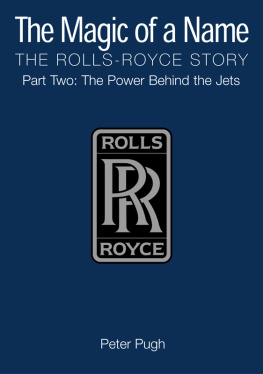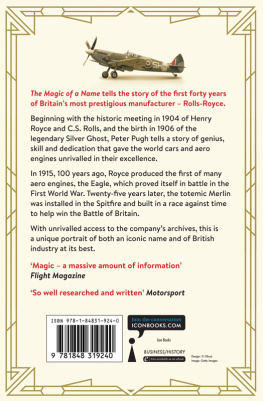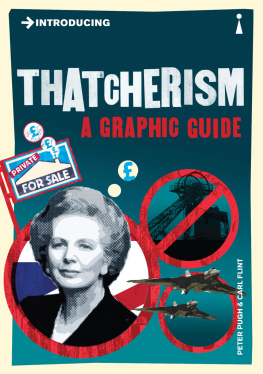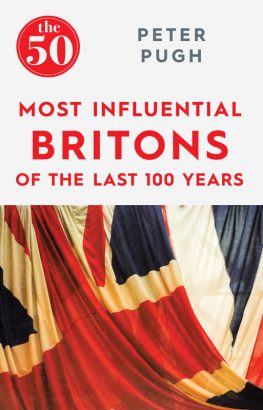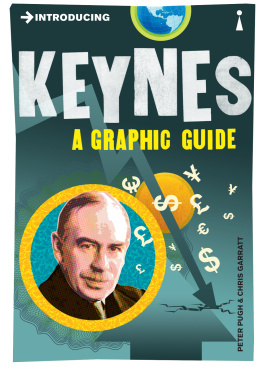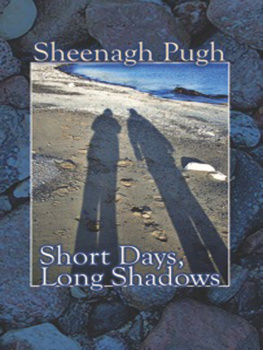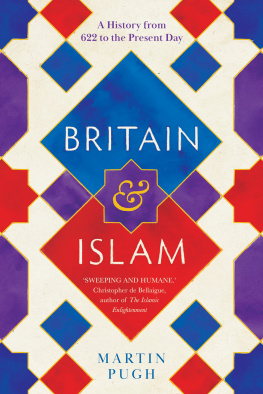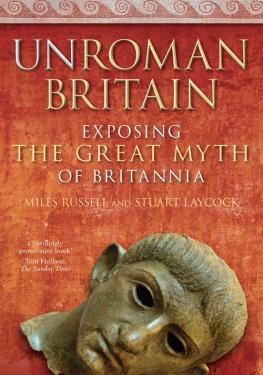CONTENTS
INTRODUCTION
E very publishing season sees the launch of books on famous characters of the twentieth century and many high achievers have more than one book about them. For example, the number of books on Winston Churchill is in the twenties or thirties and recently there was another book on Clement Attlee.
This new series Icon is launching will cover the last 100 years of British history in five-year splits the first two are 192125 and 192630 and, as well as giving the background, both social and economic, of those years, will concentrate on the interesting and often misunderstood characters that featured in them.
One of the main characters in this first book, 19211925, is Marie Stopes, the first person to set up birth control clinics (by coincidence I met her only son when interviewing his wife, who happens to be the daughter of the Dambusters bouncing bomb inventor, Barnes Wallis, about whom I was writing a book). Then there is the famous fraudster, Horatio Bottomley, and the founder of the Boy Scout movement, Baden-Powell. Another character is David Lloyd George, the Welshman who was the prime minister when we won the First World War and remained in charge until he was forced to resign in 1922, largely because he connived in the granting of knighthoods and other honours to people who paid for them. Another two characters who made a contribution to the early 1920s were the socialite Lady Diana Cooper and the philosopher Bertrand Russell. We will also look at John, later Lord, Reith, the first and very autocratic boss of the BBC.
MONETARY VALUES
M oney and its value is always a problem when writing about a period that stretches over a number of years. Furthermore, establishing a yardstick for measuring the change in the value of money is not easy either. Do we take the external value of the or what it will buy in the average (whatever that may be) weekly shopping basket? Do we relate it to the average manual wage? As we know, while prices in general might rise, and have done so in this country every year since the Second World War, the prices of certain products might fall. However, we have to make some judgements. We can only generalise, and I think the best yardstick is probably the average working wage.
Taking this as the yardstick, here is a measure of the sterling relative to the in 2017.
Apart from wartime, prices were stable for 250 years, but prices began to rise in the run-up to the First World War.
16651900 multiply by 120
19001914 multiply by 110
191839 multiply by 60
194550 multiply by 35
195060 multiply by 30
196070 multiply by 25
197074 multiply by 20
197577 multiply by 15
197880 multiply by 8
198087 multiply by 5
198791 multiply by 2.5
199197 multiply by 2
19972010 multiply by 1.5
Since 2010, the rate of inflation, by the standards of most of the twentieth century, has been very low, averaging, until very recently, less than the 19972010 Labour governments originally stated aim of 2.5 per cent (since reduced to 2 per cent). You dont need me to tell you that some things such as telephone charges and many items made in the Far East, notably China, can go down in price while others, such as houses, have moved up very sharply from 1997 to 2017.
TIMELINE FOR 192025
- 1920 -
January | The League of Nations is formed
The 18th amendment to the United States constitution bans alcohol: the Prohibition era begins |
March | The Automobile Association opens Britains first petrol station in Aldermaston, Berkshire |
June | The Treaty of Trianon ends the redrawing of the map of Europe. Several new states have come into being, among them Hungary, Czechoslovakia and Yugoslavia |
October | A state of emergency is declared as a miners strike begins to bite |
December | Martial law is imposed in Ireland as the British army wages war on the IRA |
- 1921 -
January | British tanks are deployed on the streets of Dublin |
February | Unemployment in Britain passes the 1 million mark |
March | Dr Marie Stopes opens a birth control clinic in Holloway Road, London |
May | The British Legion is founded to help struggling ex-servicemen |
June | Postmen stop making Sunday deliveries |
September | Charlie Chaplin makes a triumphant visit to London, where he was born |
November | Mussolini declares himself leader of the Italian Fascist party |
December | The Irish Free State is founded. Six of the counties of Ulster remain part of the United Kingdom |
Books
Women in Love by D.H. Lawrence
Crome Yellow by Aldous Huxley
The Mysterious Affair at Styles by Agatha Christie
Films
The Glorious Adventure
The Kid starring Charlie Chaplin
The Sheik starring Rudolph Valentino
- 1922 -
May | Dr Ivy Williams becomes the first woman barrister in England |
August | Michael Collins, the Irish nationalist leader, is assassinated in an ambush |
October | The British Broadcasting Company is formed.
It aims to broadcast radio programmes to the reasonable satisfaction of the postmaster general
Mussolinis Black Shirts march on Rome to demand representation in the government; King Victor Emmanuel Ill appoints him premier
David Lloyd George resigns as prime minister as the coalition government collapses. The new prime minister is Andrew Bonar Law |
November | Licences for radios are introduced at 10 shillings (50p, or 30 in todays money) a year British archaeologist Howard Carter unearths the tomb of Tutankhamun in the Valley of the Kings, Egypt |
December | British troops leave the Irish Free State |
Books
Ulysses by James Joyce
The Waste Land by T.S. Eliot
Films
Manslaughter
Robin Hood starring Douglas Fairbanks
- 1923 -
January | French and Belgian troops occupy the Ruhr; the move is intended to force Germany into paying war reparations |
April | In the first Football Association Cup Final at Wembley, Bolton Wanderers beat West Ham United 20
Lady Elizabeth Bowes-Lyon marries the Duke of York, second son of King George V |
May | Stanley Baldwin becomes prime minister after Andrew Bonar Law resigns due to ill health |


